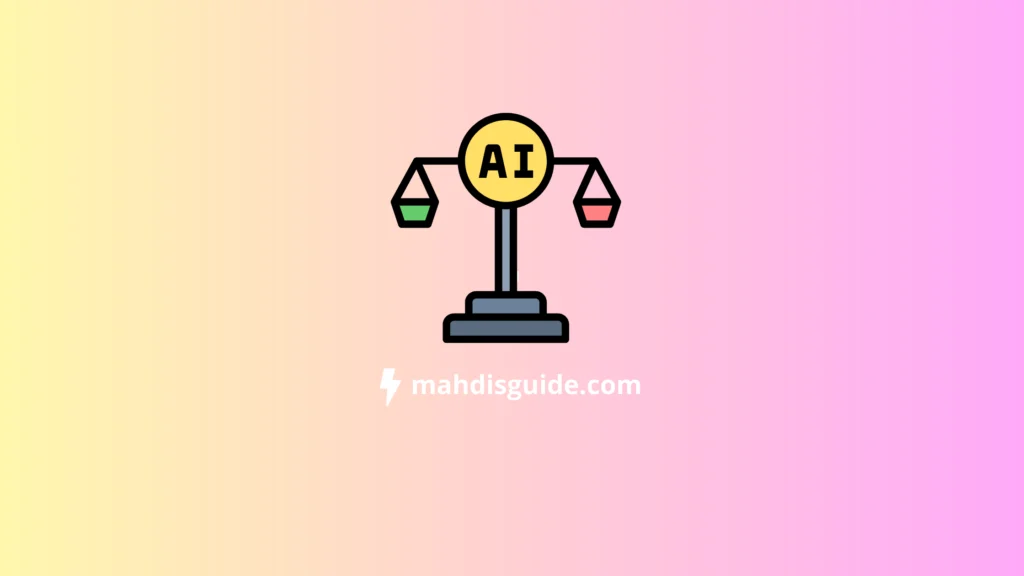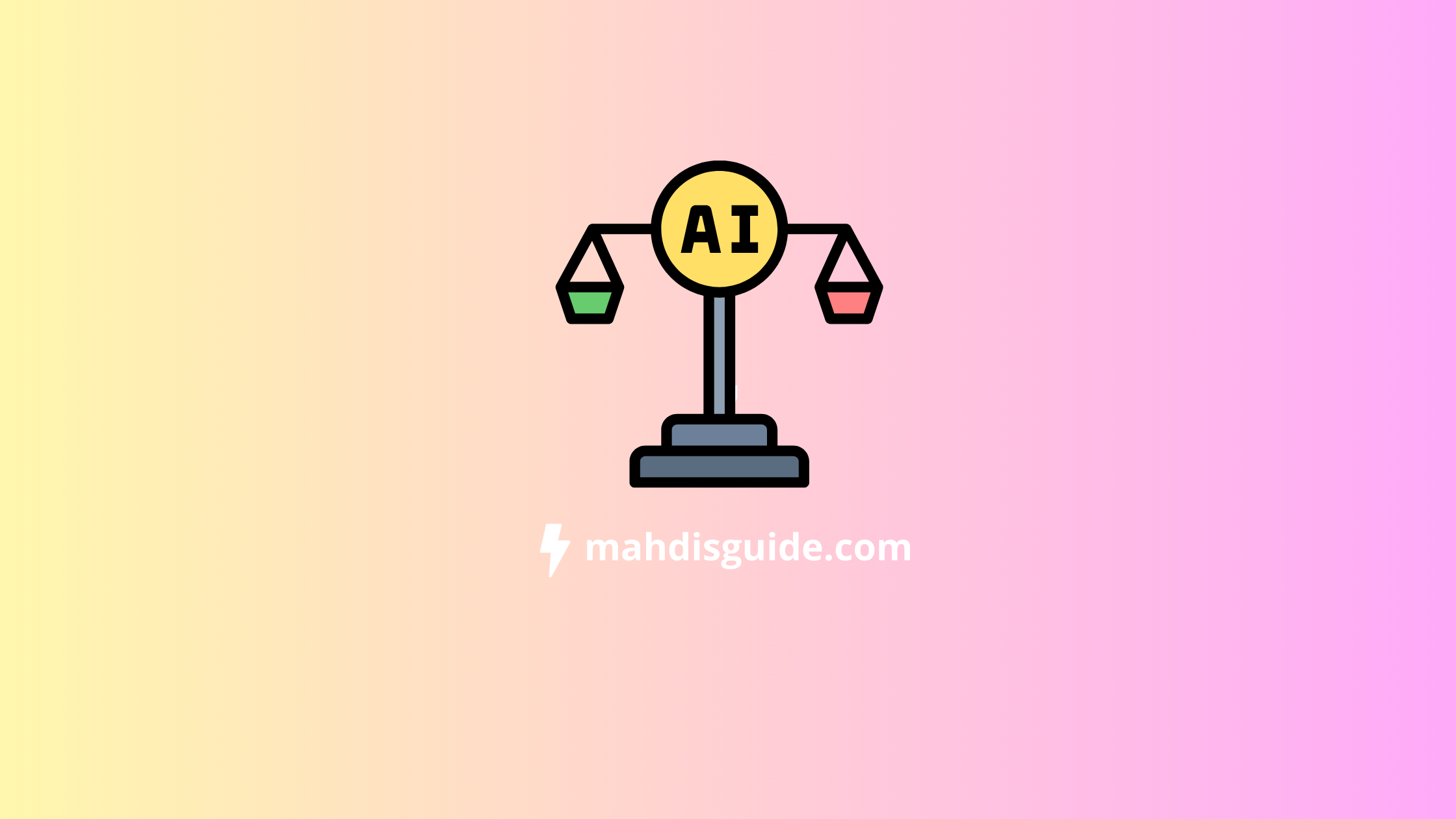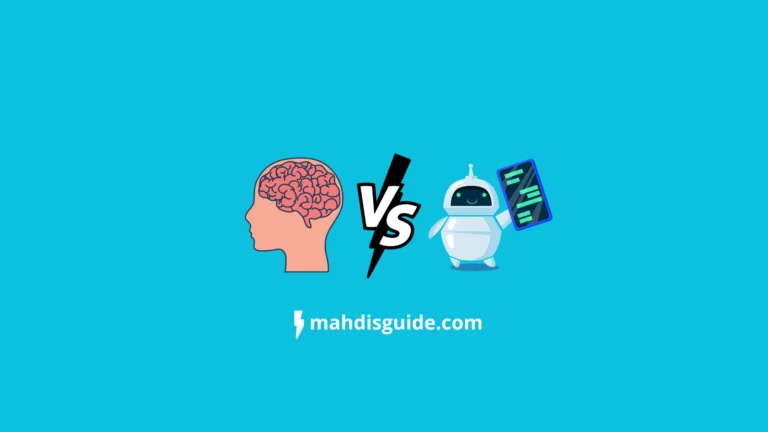AI Ethics: Navigating the Moral Landscape of Artificial Intelligence
Introduction
Because of its seamless integration into our everyday lives, Artificial Intelligence (AI) has revolutionized various industries, reshaped technical landscapes, and influenced how we interact with the world. It is becoming increasingly important to take into account ethical AI concerns and moral principles with the development and implementation of artificial intelligence as it continues to advance. Within the scope of this extensive investigation, we will delve into the complex moral landscape of artificial intelligence, examining with great care the most important ethical AI dilemmas, inherent challenges, and potential routes for resolution.

Understanding AI Ethics
The study of the ethics principles that ought to serve as the foundation for the development and application of artificial intelligence is contained within the domain of AI ethics. This comprehensive ethical framework addresses a wide range of human life problems, including those pertaining to accountability and transparency, as well as concerns regarding rights to privacy and bias. Because the judgments that are made by AI technologies and machine learning progress can have such profound effects on human dignity, communities, and social implications as a whole, AI Ethics considerations are of the utmost importance.
AI Ethics Transparency and Accountability
The topic of transparency, which is prevalent in a variety of AI systems, is at the center of the discussion on AI ethics. A common consequence of the growing complexity of AI algorithms is that they frequently function as “black boxes,” which hinders human intelligence from comprehending the decision-making processes. Particularly in areas where AI models are deployed in sensitive professions such as health care, finance, and criminal justice, this opacity raises serious questions regarding accountability and security risks.
There is a rising demand for increased transparency in AI algorithms as a means of addressing those legal issues. Ensuring that algorithms are easier to understand and putting in place systems for auditing and accountability in the event that disparities occur are also necessary steps in this process. The creation of explicit rules for AI developers, AI researchers, and users is becoming increasingly important in order to guarantee the responsible deployment of artificial intelligence and data security.
Bias and Fairness
AI systems, which are trained using enormous data sets, inherit the biases in the data. AI models can perpetuate and increase these biases if they are not rigorously addressed. These biased AI may be based on race, gender, or socio-economic characteristics. To develop AI systems that are fair and just, it is of the utmost importance to confront and overcome these biases.
The development of methods to detect and correct bias in artificial intelligence models is now being intensively pursued by AI researchers. Because of ethical principles, developers must give priority to the utilization of diverse and representative data sets. This will guarantee that artificial intelligence systems continue to be impartial and trustworthy AI across various demographics.
Ethical Dilemmas in AI Applications
Autonomous Vehicles
When it comes to AI ethics, the rapidly expanding field of autonomous systems and vehicles presents several difficult challenges. It is the responsibility of these vehicles (self driving cars) to make judgments in a split second that may have life-or-death repercussions. When there is an emergency, for example, should a self-driving automobile put the safety of its passengers ahead of the safety of pedestrians? When it comes to aligning the deployment of autonomous vehicles with societal norms, solving such ethical concerns is necessary.
A multidisciplinary effort comprising ethicists, technologists, policymakers, and members of the general public is required to find solutions to these ethical issues. Building a consensus on AI ethics principles that will guide the deployment of artificial intelligence in sectors such as transportation can be facilitated by an open and inclusive conversation.
Healthcare and AI

There is no denying that artificial intelligence has the potential to change healthcare by leading to improvements in diagnostics, tailored medicine, and treatment strategies. Ethical issues, on the other hand, occur in areas such as the protection of patient privacy and data governance, as well as the proper application of artificial intelligence in decision-making processes.
The development of stringent ethical criteria is necessary to achieve a balance between the utilization of the benefits of artificial intelligence in healthcare and the protection of patient rights. The responsible collection and exploitation of health data should be guided by ethical concerns to guarantee that artificial intelligence in healthcare places a priority on the well-being of patients.
Future Ethical Challenges and Solutions of AI Ethics
Global Collaboration
AI ethics is a problem that is fundamentally global and requires interaction between nations. As artificial intelligence systems expand outside geographical boundaries, it is becoming increasingly important to harmonize ethical concerns and principles to guarantee a consistent and responsible approach to the development and deployment of Artificial Intelligence. Efforts are being made to facilitate international cooperation on issues about artificial intelligence through the implementation of initiatives such as the Global Partnership on Artificial Intelligence (GPAI).

Education and Awareness
It is important to educate stakeholders and raise awareness about the ethics of artificial intelligence. Responsible behaviors can be cultivated by adopting a complete grasp of the ethical implications of artificial intelligence (AI) among all parties involved, including developers, policymakers, and end-users. It is possible to contribute to a community of artificial intelligence that is more knowledgeable and morally conscious by including ethics in education programs for Artificial Intelligence and by raising awareness.
Conclusion
There are many facets to AI ethics, and it is a field that is always changing and requires continuous attention and joint efforts. To ensure that artificial intelligence (AI) is in harmony with human values and makes a beneficial contribution to society, our ethical frameworks need to be updated in tandem with the development of AI technology. It takes a concerted effort by researchers, legislators, industry leaders, and the general public to support responsible AI development and deployment to successfully navigate the wide moral landscape of artificial intelligence (AI). The future that we can collaboratively build is one in which artificial intelligence not only benefits humanity but also respects and upholds fundamental moral standards.







